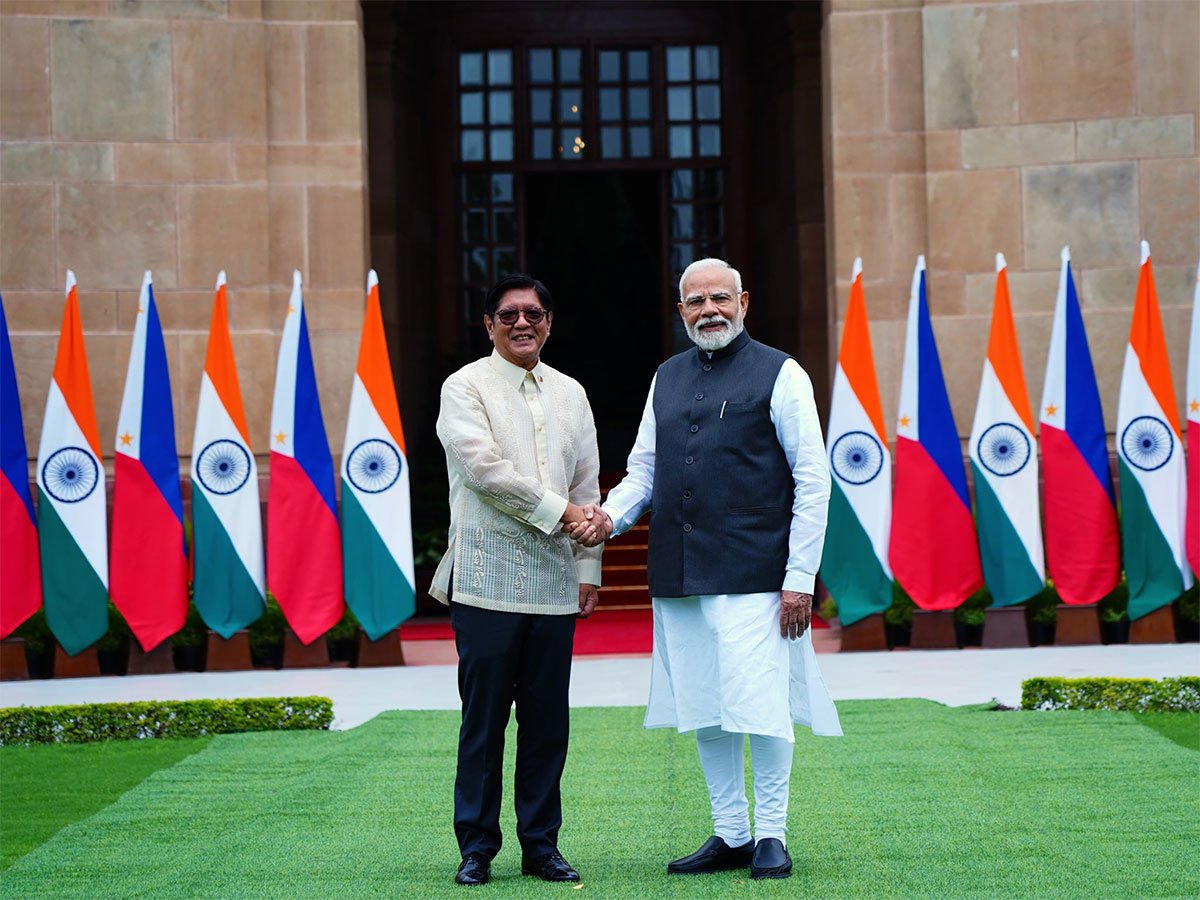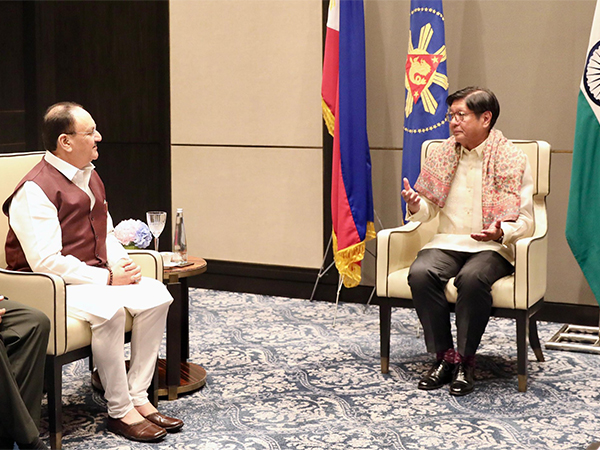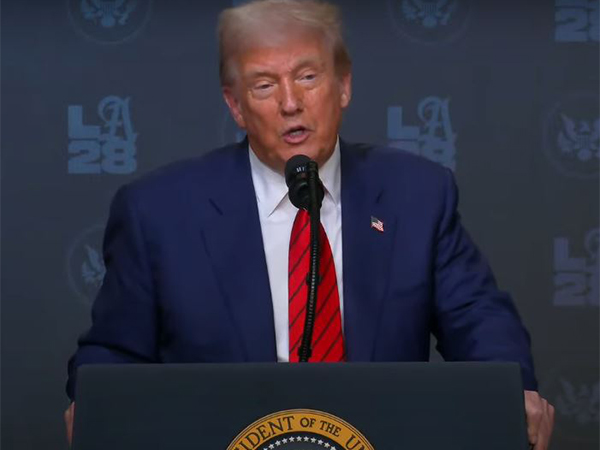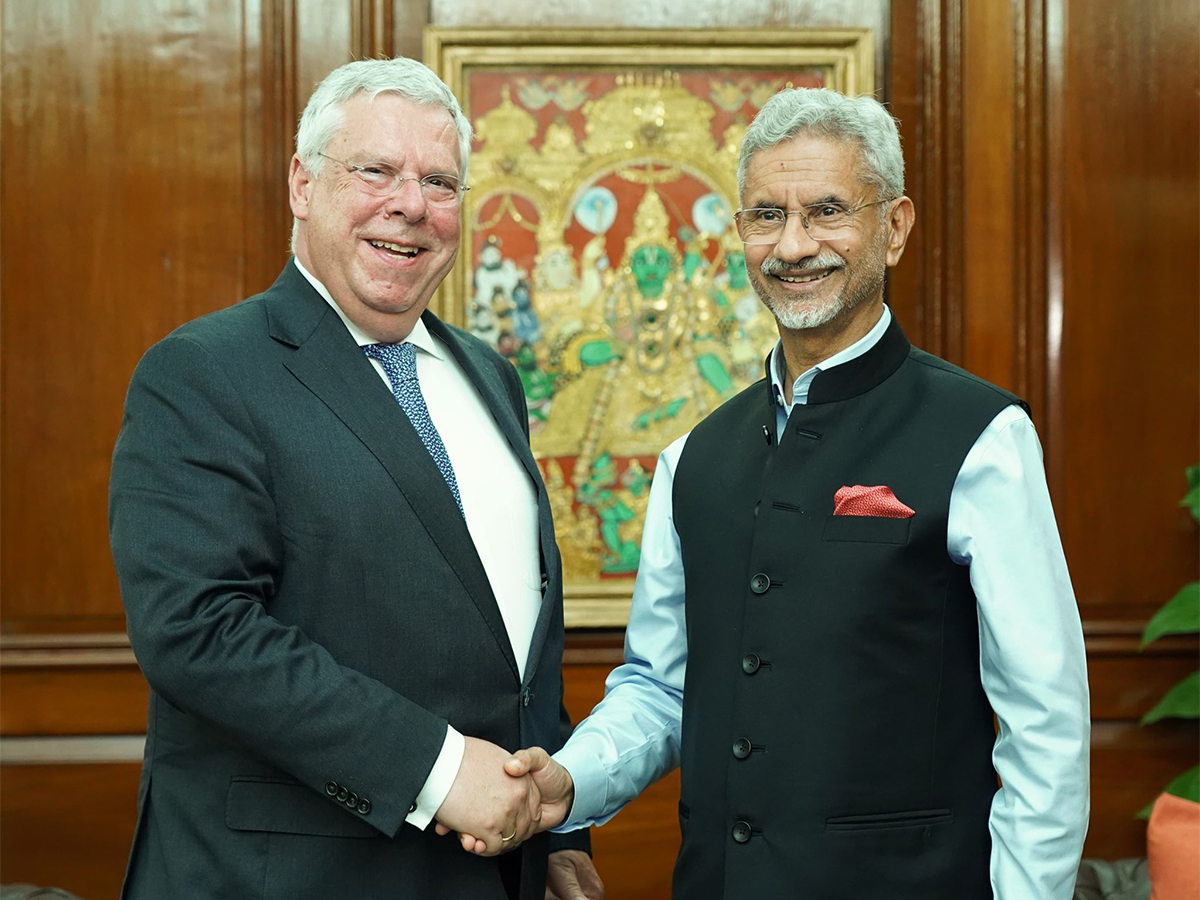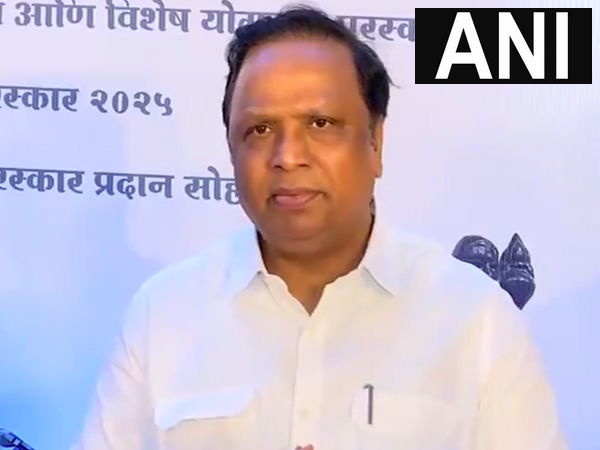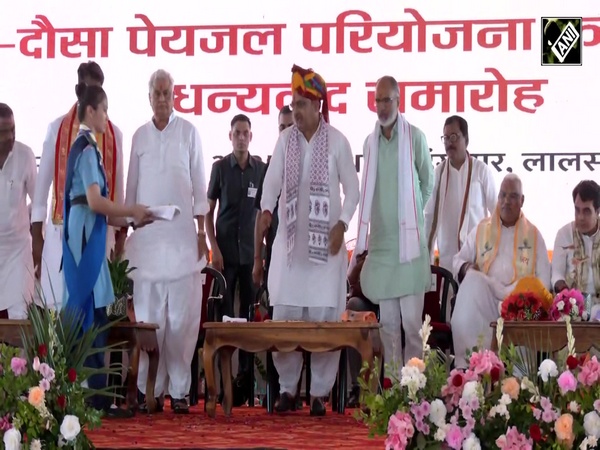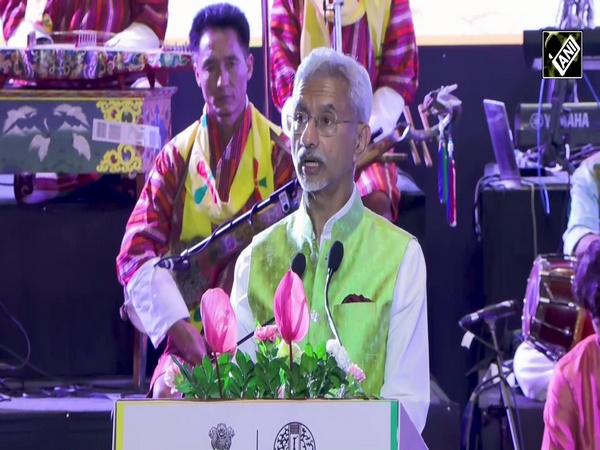Pakistan: Justice Syed Mansoor Ali Shah warns against executive overreach in judicial appointments
Dec 14, 2024

Lahore [Pakistan] December 14, : Senior Puisne Judge of Pakistan Justice Syed Mansoor Ali Shah has raised concerns about what he sees as one of the most vulnerable periods in the judiciary's history, cautioning against the growing threat of executive overreach.
In a five-page letter to Justice Jamal Khan Mandokhail, chairman of the Judicial Commission of Pakistan (JCP) rules-making committee, Justice Shah expressed grave concerns about the lack of established rules for appointing judges to constitutional courts Express Tribune reported.
In the letter, dated 12 December, Justice Shah noted that the judiciary has historically held a leading role in the process of appointing judges in Pakistan. However, he argued that this crucial balance has been significantly disrupted by the 26th Constitutional Amendment, which now gives the executive a majority in the Judicial Commission of Pakistan (JCP).
He further cautioned that the unprecedented change in the JCP's composition presents serious dangers, such as the possibility of political appointments and the filling of courts with judges who have no ideological commitment to the rule of law.
He warned that this deficiency jeopardizes the independence of the judiciary, the rule of law, and the democratic structure of the country.
"It should be noted that Clause (4) of Article 175A of the Constitution specifically requires the commission to establish its procedural rules, including the process and criteria for assessing, evaluating, and determining the fitness of judges for appointment," Justice Shah stated in his letter.
He warned that without these rules, any proceedings conducted by the commission for appointing judges would be unconstitutional.
He warned that the lack of strong rules and criteria would open the door for external influences to weaken the judiciary by enabling appointments driven by partisan interests instead of upholding constitutional principles.
He emphasized that no appointments to the constitutional courts should proceed until these rules are finalized and approved by the JCP. He argued that this approach was crucial not only for safeguarding the judiciary's independence but also for bolstering public confidence in the courts as defenders of justice, the rule of law, and democratic accountability.
He cautioned that any rush in the matter by the JCP could significantly damage and weaken the judiciary for years to come.
The letter follows Chief Justice of Pakistan Yahya Afridi's decision to establish a five-member committee tasked with drafting rules to regulate the procedure and criteria for judicial appointments.
Last week, Chief Justice Afridi chaired JCP meetings that addressed three main issues- the creation of the committee to draft the rules, the nomination of Justice Shahid Bilal Hassan as the eighth judge of the Supreme Court's constitutional bench, and the appointment of additional judges to the Sindh and Peshawar high courts.
